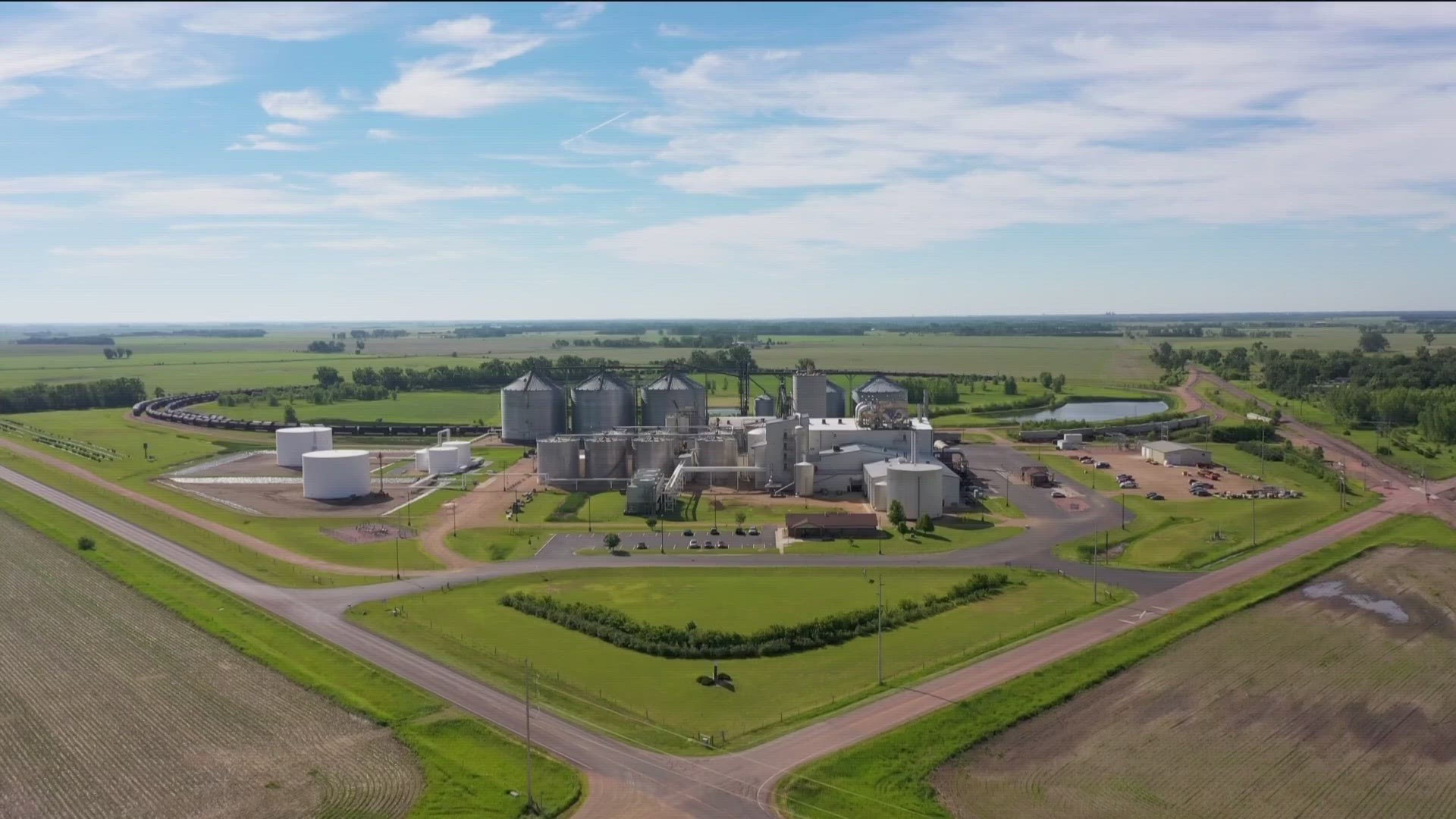WOOD COUNTY, Ohio — The United States exported two and a half billion bushels of corn last year. Mexico has been its biggest trading partner, which keeps demand and prices up.
But Mexico’s president wants to ban U.S. corn over its use of biotech and genetically modified grain.
Corn growers in the states are understandably very concerned. Most U.S. corn is genetically modified, but safe.
However, Mexico argues that GM corn may have negative health effects even when used as fodder, but hasn’t presented proof. Mexico is the leading importer of U.S. corn. Most of it is used to feed animals in Mexico since the country doesn't grow enough feed corn to supply itself.
If the issue isn’t solved in consultations, it could lead to further action or trade sanctions under the U.S.-Mexico-Canada free trade agreement, known as the USMCA.
Billions of dollars are at stake.
Phil Wenig is a third-generation farmer in Wood County who has worked with the Corn Marketing Board, and the U.S. Grains Council. Wenig grows corn, soybeans and wheat.
Prices are stable for corn, thanks to demand for it. Some of Wenig's corn goes to ethanol plants in northwest Ohio, Fostoria and Leipsic. The rest of it is taken to local grain elevators for sale, much of which will feed the world.
According to Wenig, genetically modified corn reduces the need for pesticides and sprays while also being more resilient.
"The seeds are resistant to disease and insects, which therefore minimizes the amount of pesticides we have to put on post-emergent,” Wenig said.
The federal government has begun the process to tackle the Mexico problem before it becomes a worldwide problem.
"It has potential to be extreme, extreme concern. Mexico is our number-one export market for U.S. corn, and any disruption to that affects all corn growers eventually," Wenig said. "If demand goes down, if there's a dispute, it's going to affect all corn farmers."
Tadd Nicholson, from Ohio Corn and Wheat, said the dispute challenges trade agreements already in place to prevent these situations.
"When we have a trade agreement, we all have agreed upon how we're going to do this. And part of that, what's really at question here, is we've all agreed we're going to use sound science on any kind of a dispute," Nicholson said. "And the Mexican president is not using science when it comes to their decree that is going to ban biotechnology."
Nicholson said that the ban will not only hurt the U.S., as it would also leave Mexico unable to produce feed for its animals.
January 2024 was supposed to be the beginning of the ban on U.S. corn, however, it may be pushed back or avoided altogether.

